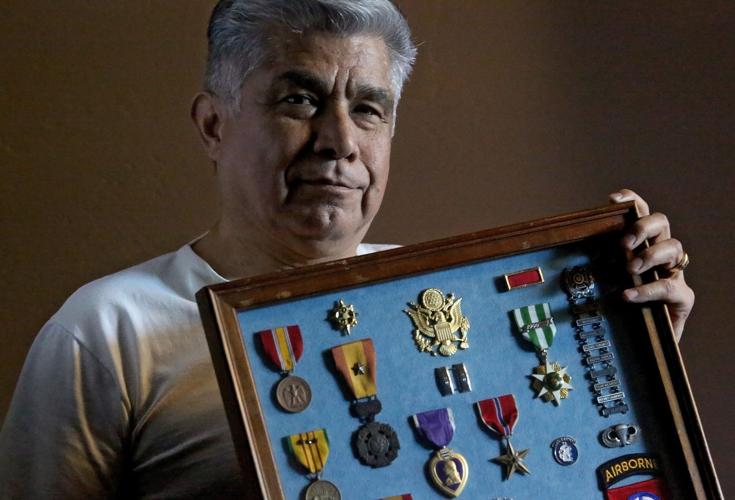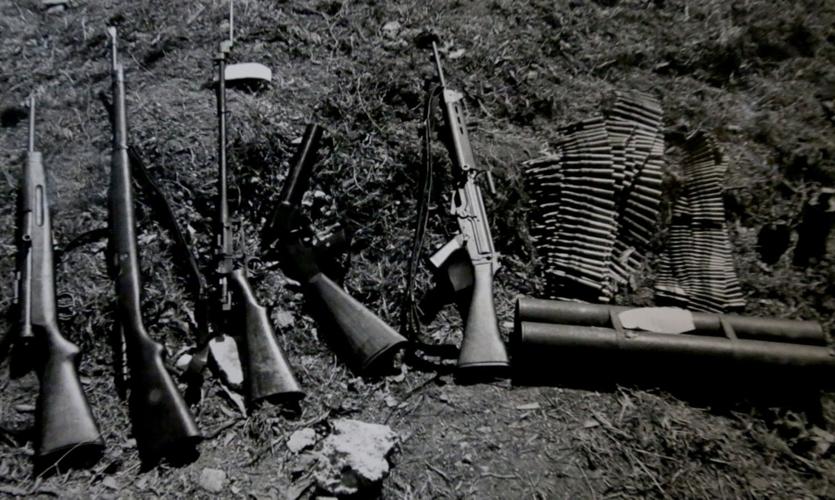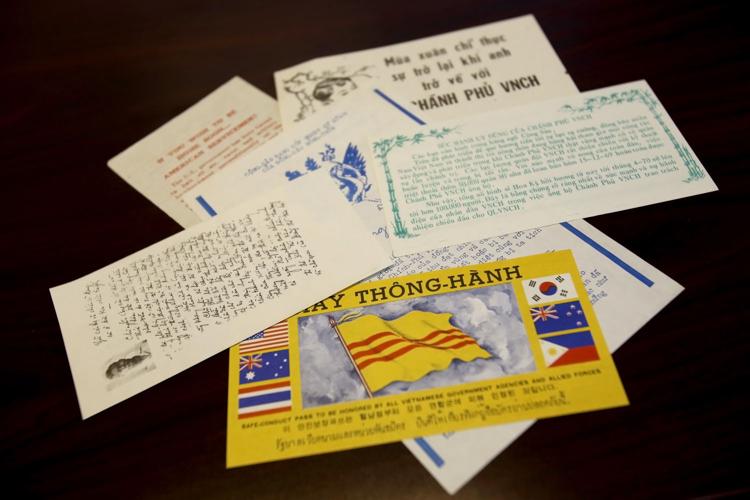The first thing David Alegria mentions when he talks about his time in the Army is the training.
He waits to mention that he was an interrogation officer and intelligence adviser during the Vietnam War or that he received a Purple Heart or that he rose in the ranks to captain in less than five years.
First, he wants to talk about the training he received after he enlisted at 19 in 1968.
He was certified as a medic, a combat engineer in demolitions, attended jungle warfare school in Panama, became a paratrooper and went on to attend military intelligence school twice. The first time was to become a combat intelligence officer, and the second was to learn counterintelligence.
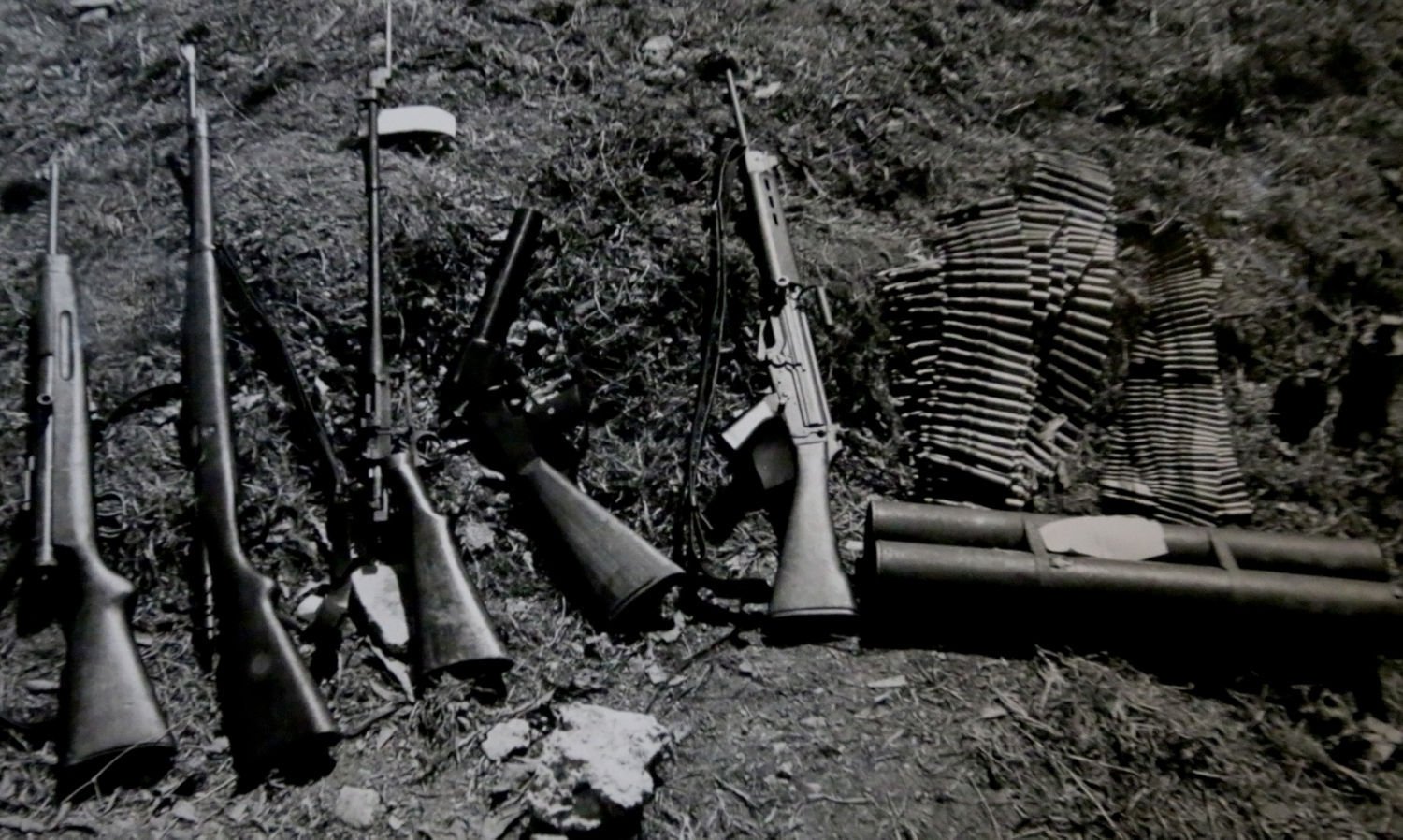 |
“I served with the 82nd Airborne stateside and was an interrogation officer with them when I got orders to Vietnam,” Alegria, 66, said.
Part of his job was to target the commanders of the Vietcong and North Vietnamese Army that were in his area. Many times it was necessary to go through an officer’s whole unit in order to capture him, which “more often than not” led to a firefight, Alegria said.
By setting up what he called “intelligence nets,” Alegria was able to draw in sources from the Vietcong and North Vietnamese Army who presented him with information. If the information checked out as reliable, a few days later the source would come back and Alegria would pay him.
In 1970, he was wounded during a mission, during one of the many firefights he took part in.
“I was in an operation with an agent who had doubled, but we didn’t know which agent had doubled so we took six out there. We got caught in an ambush and I got hit,” he said.
After spending a year in the hospital recovering from his wounds, he took a job as the Army’s Los Angeles field office commander before taking a medical retirement in 1972.
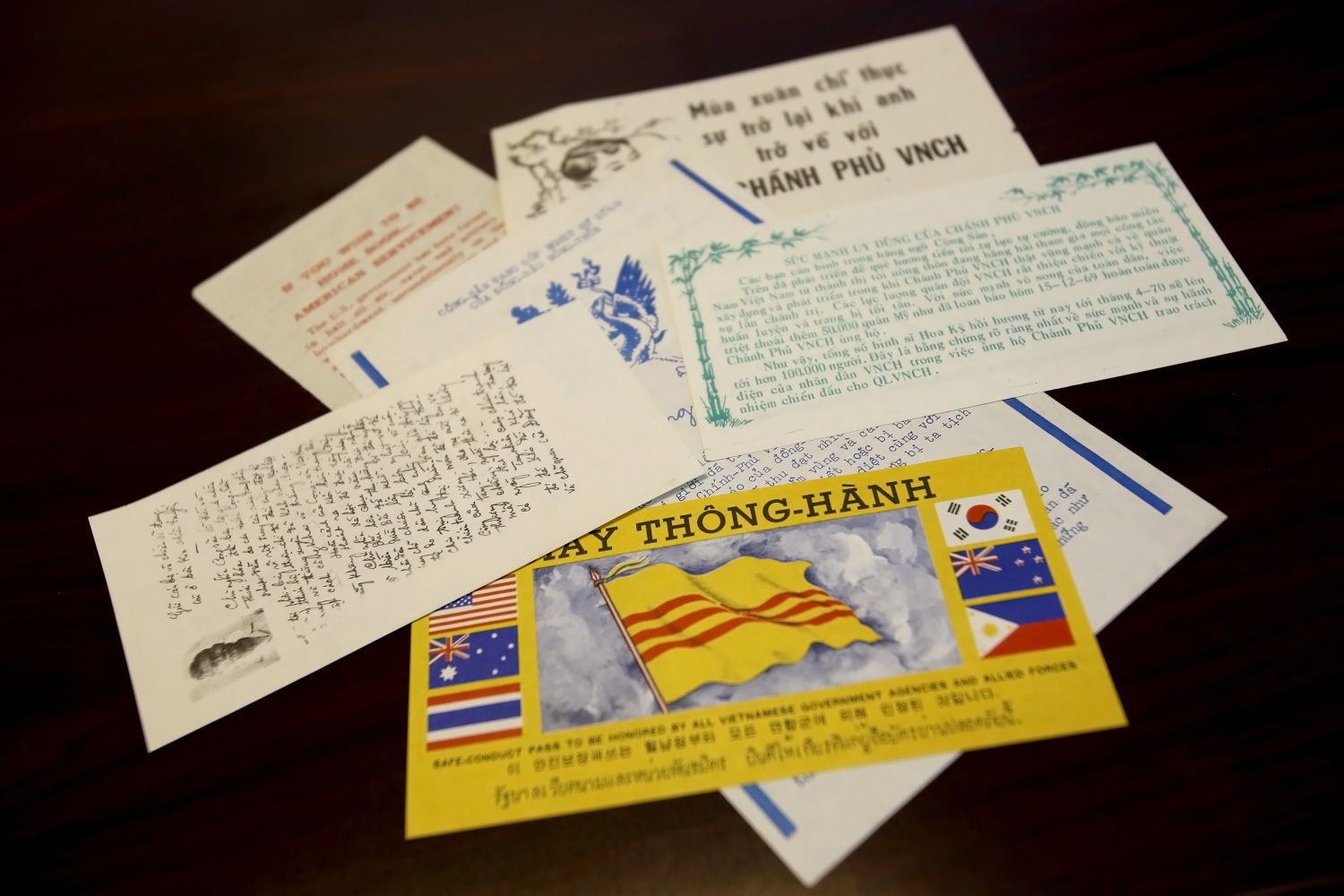 |
In his free time now, Alegria helps veterans file paperwork for benefits and compensation with the VA, as he knows from experience the process can be confusing. He also is a member of a number of military groups and works with organizations that help homeless vets and vets facing other challenges.
When asked about his most memorable experience in the war, Alegria smiles as recalls the occasion when he met with his Vietcong counterpart.
“He came into the compound looking for me and asked, ‘Do you know who I am?’ and I said I knew exactly who he was.”
The men talked for hours, comparing notes about operations and talking about how and why decisions were made on both ends. At the end of the meeting, the officer said that because of Alegria’s reputation, he’d known he would be safe walking on the base.
“Even with the enemy, people have to trust what you say. You have to be credible, and to me, my word was my bond.”


